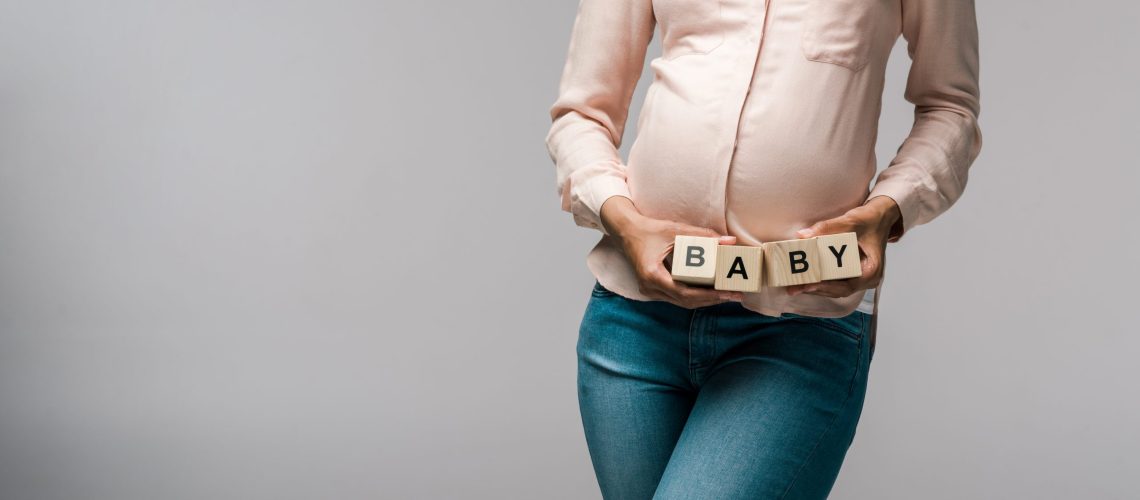Preventing Toxic Exposures to Pregnant Women, the Fetus and Newborns
The womb is a child’s first habitat, where healthy brain development starts. It is especially important for pregnant women and women considering pregnancy to take precautions to minimize toxic exposures. Scientists are finding that there are critical periods of prenatal development when even a tiny amount of certain toxic chemicals can cause lasting harm to the developing fetus.
For the benefit of your unborn child, when pregnant, here are some things to avoid:
- Smoking: Children whose mothers smoke during pregnancy or who are exposed to smoke from others are at greater risk for behavior disorders and learning disabilities.
- Drinking alcohol: Fetal alcohol spectrum disorder is the most preventable form of learning and behavioral disabilities.
- Using pesticides in your home, garden or yard: New studies show links between maternal pesticide exposure and developmental problems including learning disabilities and autism. Insecticides can be especially toxic to developing brains.
- No plastic containers or plastic wrap in the microwave: Avoid use of plastic with food and drink.
When Pregnant, DO:
- Take a prenatal vitamin that contains folic acid.
- Eat a diet low in animal fats and high in fruits and vegetables. Some of the most toxic chemicals collect and are stored in fatty tissues in animals and in people. A diet low in animal fats can mean fewer toxic chemicals in breast milk.
- Eat organic as much as possible.
- Eat fish that are low in mercury, and choose wild or canned salmon rather than farm-raised salmon.
- Ask your doctor for a thyroid test.
- Ask your doctor for a blood lead level test.
Protecting Your Baby
- Breastfeed your baby if at all possible. Breast feeding still provides the best health benefits for babies, boosts immune system, benefits brain development and reduces risks for asthma, cancer, diabetes and obesity.
- Use glass bottles if possible, or plastic bottles marked “BPA-free”. Polycarbonate bottles contain Bisphenol A, a toxic chemical that can leach out of baby bottles or sippy cups and into the liquid.
- Provide non-toxic toys. Do not give babies or children toys or teethers made from polyvinyl chloride (PVC) plastic (#3). For comprehensive toy listings, visit
- Minimize use of lotions, oils, powders and other baby care products.


